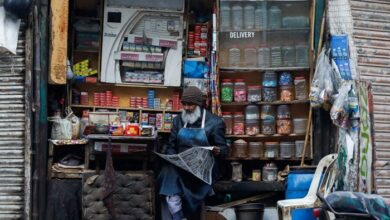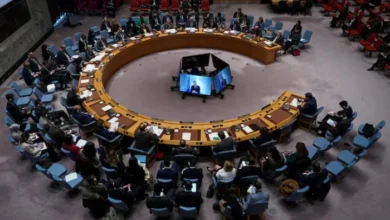The government introduced a special winter package to get users to consume electricity during the winter months, when demand is low because of turned-off air conditioners and other cooling devices. However, that package, according to NEPRA, could lead to an escalation in the fuel adjustment charge, thus driving up the cost of generation by gas-fired generation plants. The plants will be paid the capacity charge whether or not they generate any power, and if they do, the fuel will be a pass-through item, charged from the consumer. As the gas will be imported in the form of liquefied natural gas. It will prove expensive, and thus price the winter package out of the range of the consumer, causing him or her to avoid using electricity, with the result tht the distribution companies will have filed in their attempt to generate revenue in winter to turn over to the independent power plants. It should be remembered that capacity charges still have to paid, whether there is any generation or not, or even demand.
The contradiction lies in the IMF conditionalities. Whereas it demands that capacity charges be paid, and thus is opposed to solarization because of the resulting lower bills for consumers, it is also deadly opposed to captive power plants, which are gas-fired, which generate power for industrial units and which sell their excess generation to the DISCOs. CPPs had been set up so that industrial units could avoid the loadshedding which was crippling them. Now that the CPPs have been shut down as inefficient, what can be done with the gas that has been ordered? It can be used for power generation, but that will drive up the fuel adjustment charge.
The LNG cargoes ordered may reflect an oversupply, because of over-ordering induced by last year’s shortages, when gas cargoes. There may be a reduction in demand because of the switching off of the vans, but there is also a reduction in supply, and that too of cheap hydel, as dams only release water when the provinces demand, something they do according to irrigation needs. As luck would have it, the winter rains are yet to arrive, meaning that the Rabi crop sowing will see greater demands from the provinces and thus more hydel generated. The government must not expect great things from its winter package. Instead it must ensure that the average consumer is not burdened because of it.







